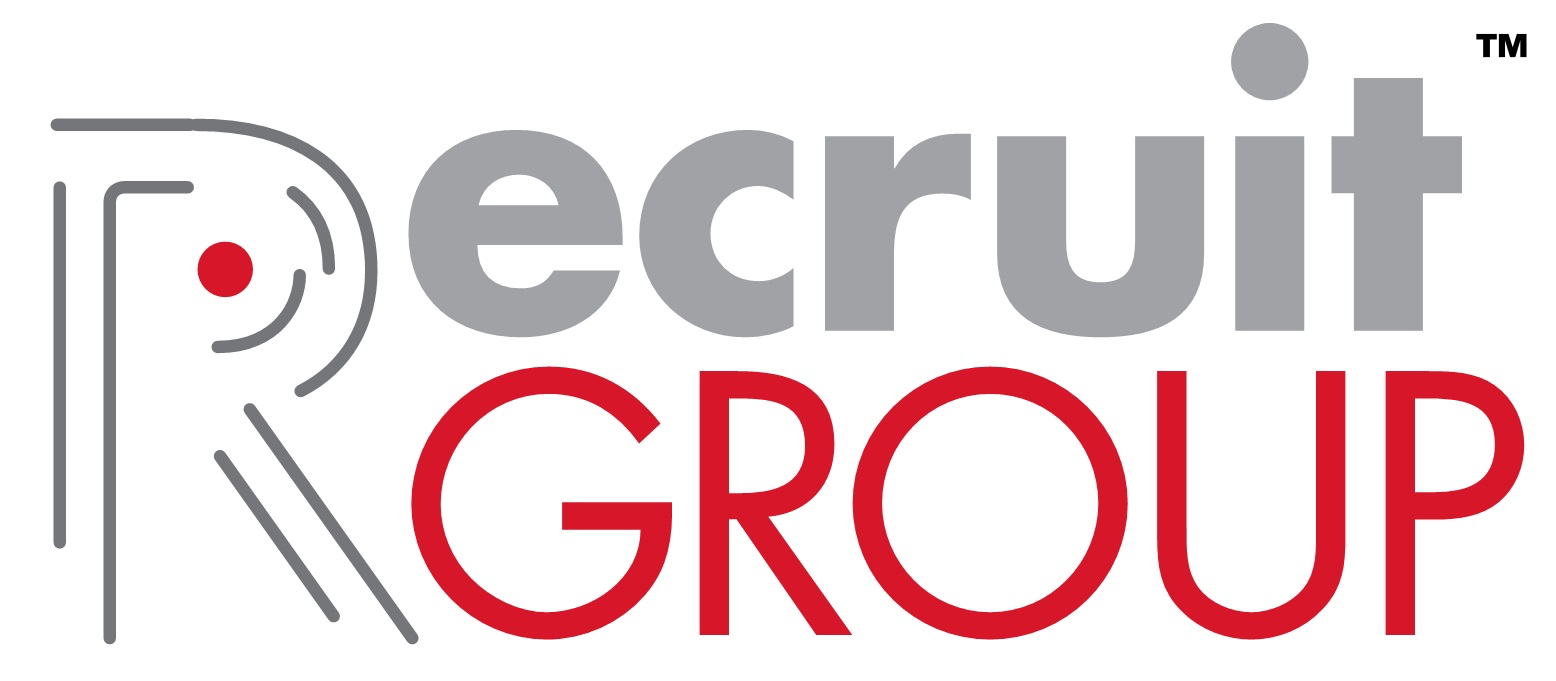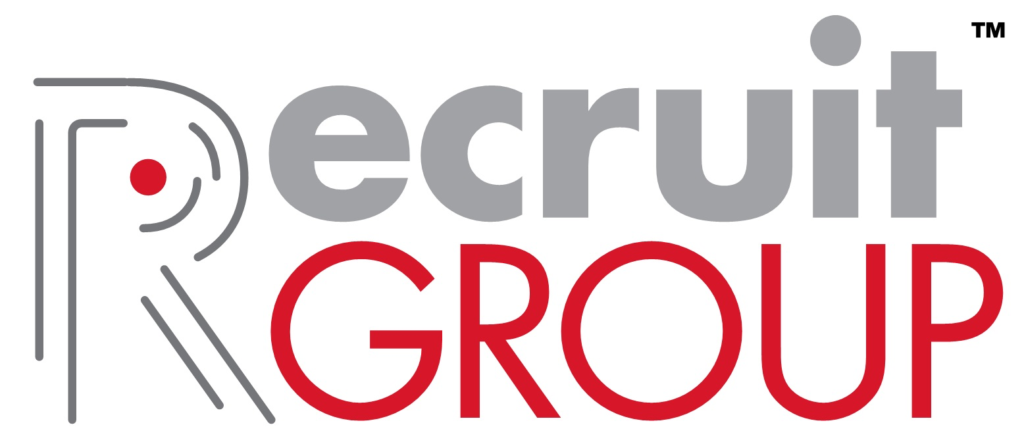Recruiting Roadmap: Master Hiring and Firing

Recruiting Roadmap: Master Hiring and Firing As you interview candidates, ask questions to determine if they were laid off or let go, and why. In the ever-changing landscape of modern business, the ability to hire and fire effectively is a critical skill for leaders. As a recruiter, I get a front-row seat to observe how […]
Recruiting Roadmap: Five Things to Look for in Unemployed Candidates









Recruiting Roadmap: Five Things to Look for in Unemployed Candidates As you interview candidates, ask questions to determine if they were laid off or let go, and why. 2023 has been an interesting year for job seekers and hiring managers alike. With a shifting economy, a growing industry, and new technology all around us, job […]
Recruiting Roadmap: HR Hacks for Small Businesses









Recruiting Roadmap: HR Hacks for Small Businesses Six ways to handle human resources without a dedicated employee or department As a recruiter, I have had the opportunity to work with many security companies over the years, and one challenge that it seems like many smaller groups face is the issue of how to handle HR […]
Recruiting Roadmap: AI Comes to Recruiting and Hiring









Is technology ready to supplant human hiring managers? Recruiting is an age-old of practice that has been going on since the dawn of time; in fact, it can be traced back to Ancient Egypt and Rome, where soldiers were recruited for their armies! Today, the game has changed significantly, as cutting-edge artificial intelligence tools coming […]
Recruiting Roadmap: Recruiting Agency Red Flags









Is your recruiting partner displaying any of these five danger signals? Every month I speak to many prospective clients, and while some are eager to speak with me about our services, there are many others who seem scorned, often skeptical of recruiters. Upon digging deeper, I nearly always uncover that they have had a mediocre […]
Recruiting Roadmap: Staying Ahead of a Recession









Why security businesses should keep hiring during a potential economic downturn There is no doubt about it, the companies in the security technology space have been enjoying record years between 2021 and 2022 in the post-pandemic market. The V-Shaped recovery has launched us back into growth numbers greater than years prior to 2020, and companies […]
Recruiting Roadmap: When to Counteroffer









Because employees choose to leave for a variety of reasons, only certain ones are ideal candidates for a counteroffer A star employee drops a bomb on you and puts in their notice. Feeling frustrated and nervous about losing their skillset you naturally ask yourself: “Should we try to negotiate a counteroffer?” On the surface, it seems […]
Recruiting Roadmap: How to Succeed in a Candidate-Driven Market









Four ways to woo new hires in the post-pandemic security job market If you tried to make a hire recently and it took you longer than expected to fill or it is still open, you are not alone. In this environment our industry is experiencing a “resurgence” – business has picked up significantly and many […]
6 Reasons Why Recruiting is a Great First Job for a Millennial


You saunter sublimely across the stage and shake the hands of the faculty of the largest organization you have ever been a part of. You pose awkwardly for another sudden, yet staged photo shoot. Then, you pridefully move your tassel to the left, and then FINALLY… (the moment you’ve been waiting for) you blissfully throw […]
Women in Healthcare Tech: Why Companies Need To Get Serious About Recruiting Female Talent


The despicable tales of Harvey Weinstein have got us talking. The media is pouring out perspectives on misogyny and sexual harassment in the workplace. Facebook feeds are filled with “me too” confessions. It has never been a secret that women face challenges that men can hardly fathom—sexism, both overt and subtle, on purpose and inadvertent. But […]

